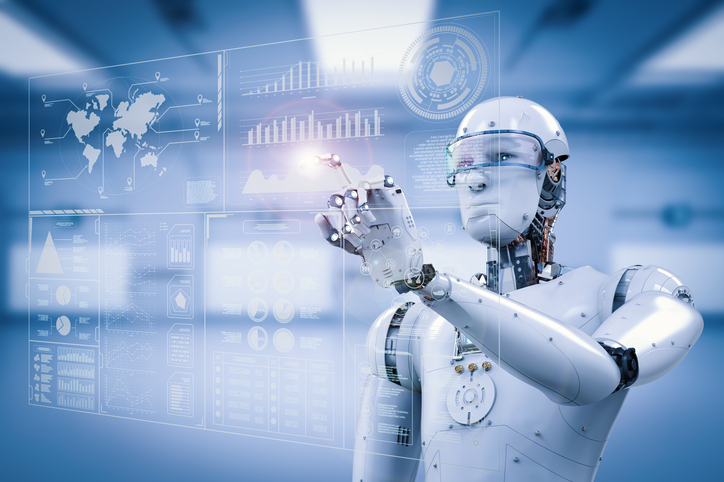Introduction:
The rapid advancements in artificial intelligence (AI) and robotics are revolutionizing industries worldwide, with automation becoming a driving force behind transformative changes in the workforce. In this blog post, we’ll explore the rise of automation and its profound impact on jobs and employment. From the integration of AI-powered systems to the increasing presence of robots in various sectors, we’ll delve into how automation is reshaping the workforce and what it means for the future of work
The Automation Landscape: We’ll provide an overview of the automation landscape, highlighting the key technologies driving the transformation. From AI algorithms and machine learning to robotics and process automation, we’ll explore the diverse tools and technologies that enable automation in different industries. Gain insights into the capabilities and potential applications of these technologies.
AI in the Workplace: AI is revolutionizing the workplace by augmenting human capabilities and streamlining tasks. We’ll discuss how AI-powered systems, such as virtual assistants and chatbots, are automating customer service, data analysis, and administrative tasks. Explore the impact of AI on decision-making processes and its potential to enhance productivity and efficiency in various job roles.
Robotics and Manufacturing Automation: The integration of robotics in manufacturing processes is transforming the industry, leading to increased productivity and precision. We’ll explore how robots are automating assembly lines, material handling, and quality control. Discuss the impact of robotics on job roles in manufacturing and the evolving skill sets required in this automated era
Intelligent Process Automation: Intelligent Process Automation (IPA) combines AI, machine learning, and robotic process automation (RPA) to automate complex business processes. We’ll delve into how IPA is reshaping industries like finance, healthcare, and logistics by automating repetitive and rule-based tasks. Discuss the benefits and challenges of IPA implementation and its implications for the workforce.
The Future of Jobs: Automation raises concerns about job displacement and the future of work. We’ll explore the evolving nature of jobs in an automated world and discuss the concept of “human in the loop,” where humans and machines collaborate synergistically. Discover how the workforce can adapt by acquiring new skills, embracing lifelong learning, and focusing on uniquely human traits such as creativity, critical thinking, and emotional intelligence.
Ethical Considerations: Automation poses ethical challenges that need careful consideration. We’ll discuss the ethical implications of AI and robotics, including issues of privacy, bias, and job displacement. Explore the importance of responsible AI development and the need for ethical frameworks to guide automation technologies. Delve into the discussions around universal basic income and potential strategies for a smooth transition in the workforce.
Embracing Automation: Opportunities and Collaboration: Rather than fearing automation, we’ll emphasize the opportunities it presents. We’ll discuss how individuals and organizations can embrace automation by reskilling and upskilling their workforce. Explore the importance of fostering collaboration between humans and machines and how automation can free up time for more strategic and meaningful work


Way cool! Some extremely valid points! I appreciate you penning this write-up and
also the rest of the site is extremely good.
Thanks for the kind workd @Ngoc